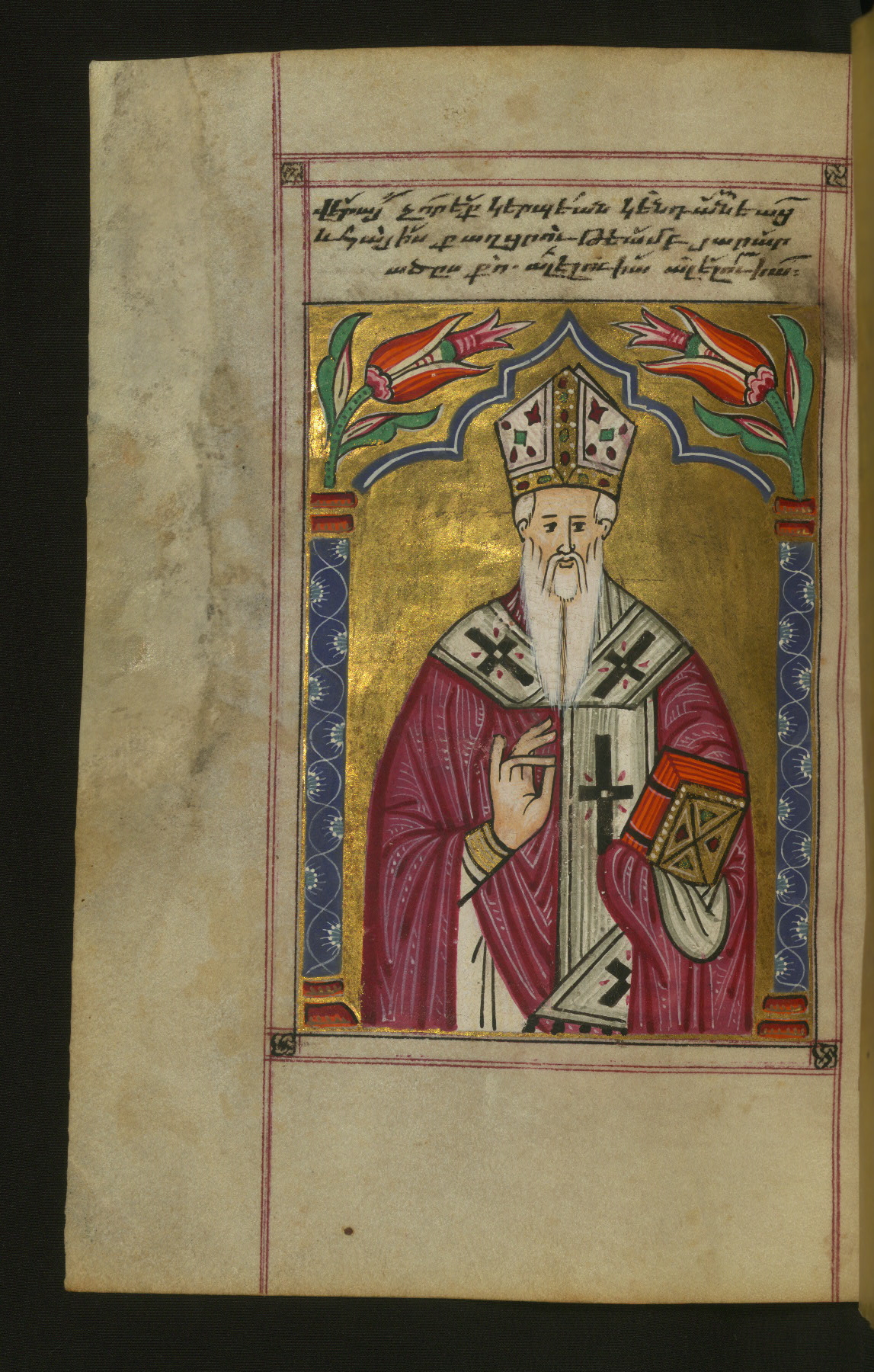Augustine in his Confessions 6:9 asks:
tell me, O merciful One, in pity tell a pitiful creature whether my infancy followed yet an earlier age of my life that had already passed away before it. Was it such another age which I spent in my mother's womb? For something of that sort has been suggested to me, and I have myself seen pregnant women. But what, O God, my Joy, preceded that period of life? Was I, indeed, anywhere, or anybody? No one can explain these things to me, neither father nor mother, nor the experience of others, nor my own memory. Dost thou laugh at me for asking such things?
Well Augustine, old chap, it was indeed the belief of your Jewish friends:
The belief is common in Orthodox Judaism. Indeed there is an entire volume of work called Sha'ar Ha'Gilgulim (The Gate of Reincarnations), based on the work of Rabbi Isaac Luria (and compiled by his disciple, Rabbi Chaim Vital). It describes the deep, complex laws of reincarnation. One concept that arises from Sha'ar Ha'gilgulim is the idea that gilgul is paralleled physically by pregnancy.
Many Orthodox siddurim (prayerbooks) have a nightly prayer asking for forgiveness for sins that one may have committed in this gilgul or a previous one, which accompanies the nighttime recitation of the Shema before going to sleep.








